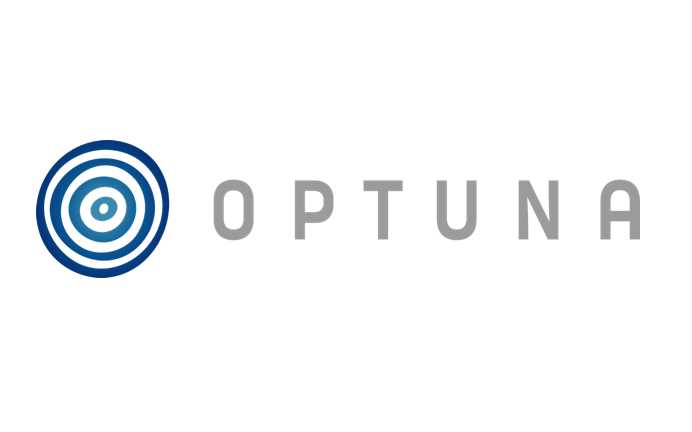Blog
Don’t you want to use languages other than Python, especially in the deep learning community?
Menoh repository : https://github.com/pfnet-research/menoh
I am Shintaro Okada, developer of Menoh. This article will give you an introduction to Menoh and describe my motivation for the development.
Menoh is a library that can read trained DNN models in the ONNX format for inference. I wrote it in C++, but it has a C language interface. So, its functions can easily be called from other languages as well. At release, C++, C#, and Haskell wrappers are available, and Ruby, NodeJS, and Java (JVM) wrappers are in the pipeline. I leveraged Intel’s MKL-DNN backend, so that even without using a GPU, it does fast inference on Intel CPUs. Menoh makes it possible to deploy your trained Chainer model to an application programmed in languages other than Python in no time.
In the meantime, why is it Python, rather than Ruby, that has dominated the deep learning community? Why not R, Perl, or C++? There are many programming languages out there, which could have been widely used to write deep learning training frameworks instead of Python (Of course, each language is useful in its own way and whether the level of such probability is high or low would depend on each language.) Python has the hegemony of our universe, but in another universe, Lisp may hold supremacy. That said, we have no choice but to live in this universe where we need to part with sweet (), {}, or begin/end and write blocks with pointless indentation in order to implement the deep-something under today’s Python rule. What a tragedy. I wish I could say so without any reservations, but Python is a good programming language.
Yes, Python is a good language. It comes with the myriad of useful libraries, Numpy in particular, is dynamic-typed, and handles the Garbage Collection function. All of these make the trial-and-error process of writing code to train and implement DNNs easier. Chainer is a flexible and easily extensible DNN framework, and it is, of course, written in Python. Chainer is amazingly easy to use thanks to its magic called Define-by-Run. Sure, another language could’ve been used to implement the Define-by-Run feature. But, if it had not been for Python, the code would’ve been more complicated and its implementation more painful. It is obviously the Python language itself that plays a part of Chainer’s user-friendliness.
For us, to study DNN is not difficult, since we have Chainer backed by easy-to-use Python. We can write and train DNN models without a hitch. It’s heavenly. On the flip side, to deploy trained DNN models is where the pain starts.
It may be an exaggeration to use the word pain. I should just use Chainer as is when deploying to a Python-friendly environment and there is no pain from the beginning to end (at least in the deployment work). But, what if one’s environment doesn’t allow Python? Outside the lab, one may not use Python due to security or computing resource-related issues, and Python may be useless in areas dominated by other languages. There are a variety of situations like this (For example, Ruby enjoys enduring popularity in the Web community even today). Some DL frameworks have been designed with deployment taken into consideration and allow users to write DNNs in C or C++ without using Python. But, they often require a lot of effort to implement and have too little wrappers to make it easy to use. While the knowledge of training DNNs has been widespread, the deployment of DNNs has been far from developed.
I just wanted to build trained models into my applications, but it’s been a hassle.
This is why I decided to develop Menoh.
Menoh is a result of my project under PFN’s 20% rule. It’s our company policy that allows PFN members to spend 20% of their time at work on their favorite tasks or projects, aside from formally assigned tasks. At PFN, we have various other 20% projects and study sessions both by individuals and groups progressing at the moment.
As a matter of fact, Menoh is based on a library called Instant which I developed in my personal project in December 2017. Since then, I have taken advantage of the 20% time to enhance its functionality. Along the way, some of my colleagues gave me valuable advice on how to better design it, and others volunteered to write other language wrappers. Thanks to the support of all these members, Instant has finally been released as an experimental product in pfn-research under the new name Menoh. I plan to continue to spend 20% of my time improving it. I hope you will use Menoh and I would appreciate it if you would open new issues for suggestions or any bug you may find.
Tag






